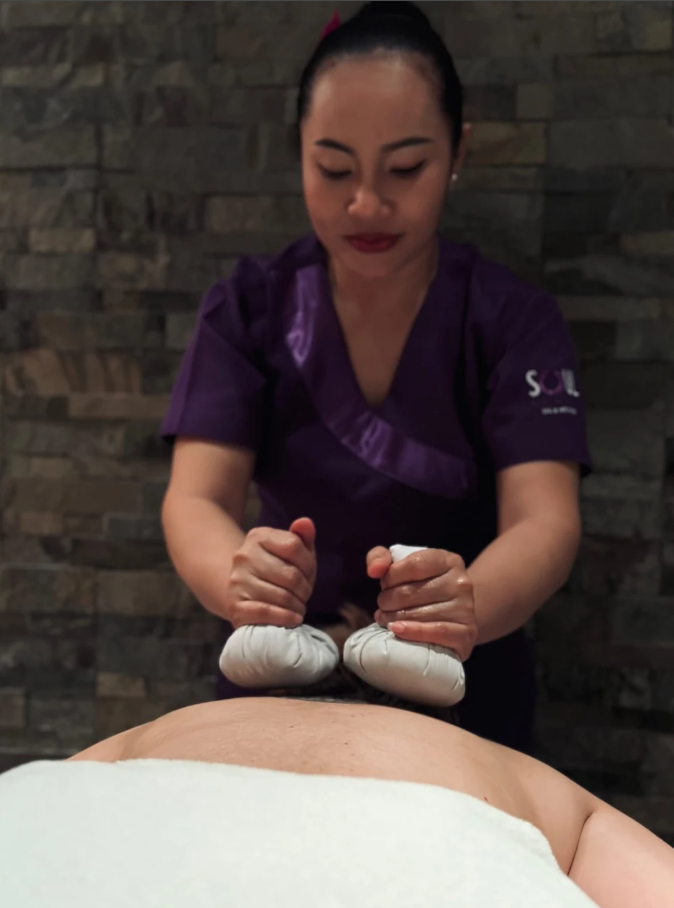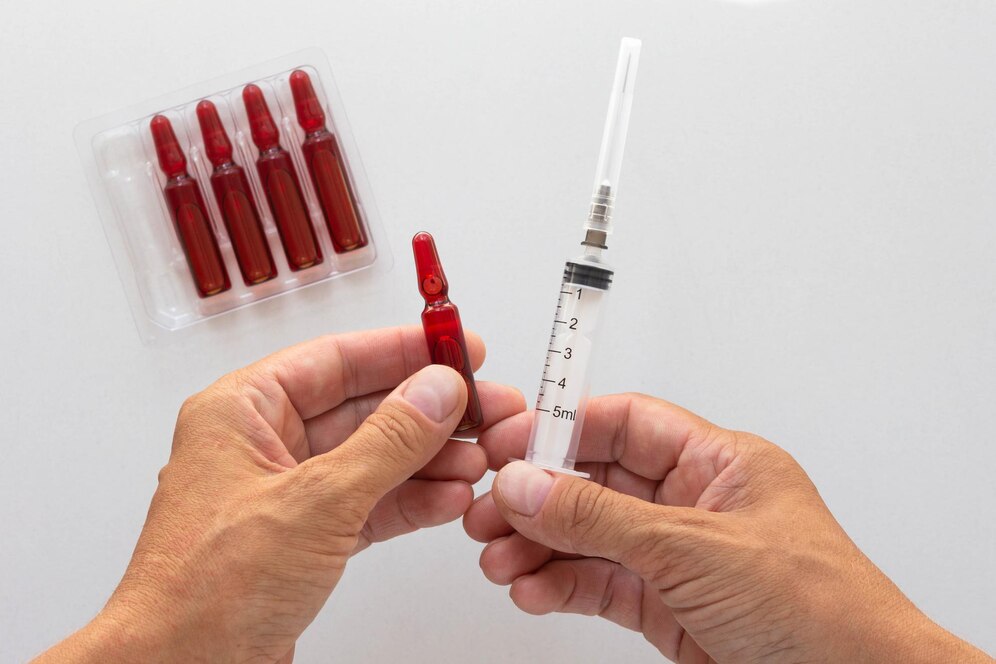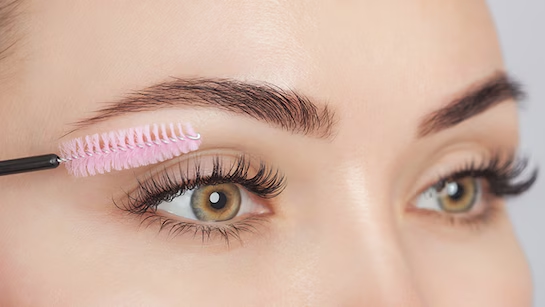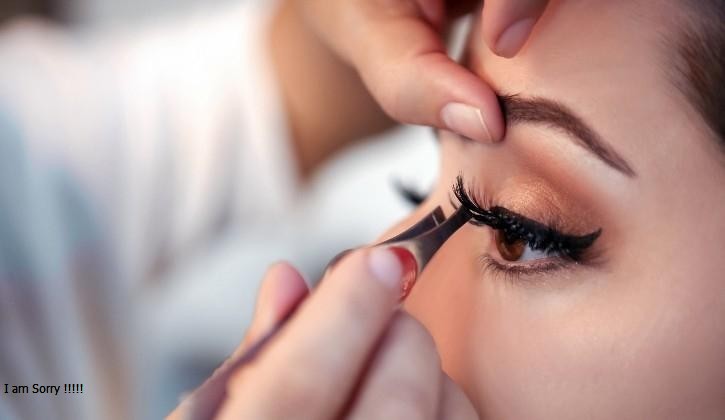Understanding Acupuncture Insurance Coverage in Redmond
In the bustling city of Redmond, acupuncture has emerged as a popular and effective complementary therapy for various health conditions. However, navigating acupuncture insurance coverage in Redmond can be a daunting task for many residents. This comprehensive guide aims to demystify the process, helping you understand your insurance options and make informed decisions.
The Benefits of Acupuncture
Acupuncture, an ancient Chinese medical practice, involves inserting thin needles into specific points on the body to alleviate pain and treat various health conditions. This holistic approach has gained widespread acceptance in Western medicine due to its effectiveness in managing chronic pain, stress, and other ailments.
Why Consider Acupuncture?
Many individuals turn to acupuncture as a complementary or alternative treatment option. It is particularly beneficial for those who prefer a non-pharmacological approach to pain management or have not found relief through conventional medical treatments. Acupuncture can be an excellent adjunct to other therapies, enhancing overall well-being and quality of life.
Insurance Coverage for Acupuncture in Redmond
Understanding your insurance coverage for acupuncture in Redmond is crucial. While some insurance plans cover acupuncture, others may not. It is essential to review your policy details or contact your insurance provider to determine your eligibility.
Types of Insurance Plans
- Private Health Insurance:
- Many private health insurance plans offer coverage for acupuncture treatments. However, the extent of coverage can vary significantly. Some plans may cover a specific number of sessions per year, while others may require a co-payment or deductible.
- Medicare:
- Medicare coverage for acupuncture is limited and typically only applies to specific conditions, such as chronic low back pain. It is essential to consult with your Medicare provider to understand your coverage options.
- Medicaid:
- Medicaid coverage for acupuncture varies by state. In Washington, Medicaid may cover acupuncture treatments for certain conditions, but it is crucial to verify your eligibility with your Medicaid provider.
Factors Affecting Coverage
Several factors can influence your acupuncture insurance coverage in Redmond:
- Diagnosis:
- Insurance companies often require a specific diagnosis to approve acupuncture treatments. Conditions such as chronic pain, migraines, and fibromyalgia are more likely to be covered.
- Provider Network:
- Many insurance plans have a network of approved acupuncture providers. Choosing an in-network provider can significantly reduce your out-of-pocket costs.
- Treatment Frequency:
- The number of acupuncture sessions covered by insurance can vary. Some plans may limit the number of sessions per year, while others may require pre-authorization for additional treatments.
Steps to Verify Your Insurance Coverage
- Review Your Policy:
- Carefully read your insurance policy to understand the coverage details for acupuncture treatments. Look for sections on complementary and alternative medicine (CAM) to find relevant information.
- Contact Your Insurance Provider:
- If your policy is unclear, contact your insurance provider directly. Ask specific questions about acupuncture coverage, including the number of sessions covered, co-payments, and deductibles.
- Consult with Your Acupuncturist:
- Many acupuncture clinics in Redmond can help you verify your insurance coverage. They can provide you with the necessary codes and documentation to submit to your insurance provider.
Maximizing Your Insurance Benefits
To make the most of your acupuncture insurance coverage in Redmond, consider the following tips:
- Choose an In-Network Provider:
- Selecting an acupuncturist within your insurance network can help you avoid higher out-of-pocket costs. In-network providers have agreed to accept lower rates from your insurance company.
- Understand Your Deductible:
- Knowing your deductible can help you plan your acupuncture treatments more effectively. If you have a high deductible, you may need to pay for initial sessions out of pocket until your deductible is met.
- Keep Detailed Records:
- Maintain detailed records of your acupuncture treatments, including dates, provider information, and diagnoses. These records can be helpful if you need to dispute a claim or provide additional documentation to your insurance provider.
Alternative Payment Options
If your insurance does not cover acupuncture, or if you have exhausted your coverage limits, consider alternative payment options:
- Health Savings Accounts (HSAs):
- HSAs allow you to set aside pre-tax dollars for qualified medical expenses, including acupuncture. This can help you save on out-of-pocket costs.
- Flexible Spending Accounts (FSAs):
- FSAs are similar to HSAs but are typically offered through your employer. You can use FSA funds to pay for acupuncture treatments.
- Payment Plans:
- Many acupuncture clinics in Redmond offer payment plans or discounts for self-pay patients. Inquire about these options when scheduling your appointments.
The Future of Acupuncture Insurance Coverage
As acupuncture gains more acceptance in mainstream medicine, insurance coverage is likely to expand. Advocacy efforts and research demonstrating the effectiveness of acupuncture can influence insurance policies, making this complementary therapy more accessible to a broader range of patients.
Conclusion
Navigating acupuncture insurance coverage in Redmond requires a proactive approach. By understanding your insurance policy, verifying your coverage, and exploring alternative payment options, you can make informed decisions about your acupuncture treatments. Whether you are seeking relief from chronic pain, managing stress, or improving your overall well-being, acupuncture can be a valuable addition to your healthcare regimen.
Frequently Asked Questions (FAQs)
What is acupuncture?
Acupuncture is a traditional Chinese medical practice that involves inserting thin needles into specific points on the body to alleviate pain and treat various health conditions. It is based on the principle of balancing the body’s energy flow, known as Qi.
Is acupuncture safe?
Yes, acupuncture is generally considered safe when performed by a licensed and trained practitioner. The needles used are sterile and disposable, minimizing the risk of infection.
What conditions can acupuncture treat?
Acupuncture can be effective in treating a wide range of conditions, including chronic pain, migraines, stress, anxiety, depression, and digestive issues. It is often used as a complementary therapy alongside conventional medical treatments.
How many acupuncture sessions will I need?
The number of acupuncture sessions required can vary depending on the condition being treated and the individual’s response to treatment. Some people may experience relief after a few sessions, while others may need ongoing treatments.
Does acupuncture hurt?
Acupuncture is typically not painful. Some people may experience a slight sensation when the needles are inserted, but it is generally mild and temporary. Many people find acupuncture to be a relaxing and soothing experience.
Can I combine acupuncture with other treatments?
Yes, acupuncture can be combined with other treatments, including conventional medical therapies and other complementary practices. It is essential to inform your healthcare providers about all the treatments you are receiving to ensure coordinated care.
How do I find a qualified acupuncturist?
To find a qualified acupuncturist, look for practitioners who are licensed and certified by reputable organizations. You can also ask for recommendations from friends, family, or healthcare providers.
What should I expect during an acupuncture session?
During an acupuncture session, you will typically lie down on a treatment table. The acupuncturist will insert thin needles into specific points on your body. You may feel a slight sensation when the needles are inserted, but it is generally not painful. The needles are usually left in place for about 20-30 minutes.
Are there any side effects of acupuncture?
Acupuncture is generally considered safe with minimal side effects. Some people may experience slight bruising or soreness at the needle insertion sites, but these effects are usually temporary and mild.
Can children receive acupuncture?
Yes, children can receive acupuncture. Pediatric acupuncture is a specialized field, and practitioners use gentler techniques suitable for children. It is essential to choose an acupuncturist experienced in treating children.













